Early start times for school: the crumbling (but fixable!) foundation of adolescent mental health.
Post by Marc Chenard, University Honors College undergraduate in Biology pursuing a minor in Interdisciplinary Neuroscience at Portland State University.
NOTE: Because of evidence-based advocacy by district students, teachers and Noggin volunteers, Vancouver Public Schools will move high school start times to 8:40am next year!

Marc completed his honors thesis at Portland State University on this topic!
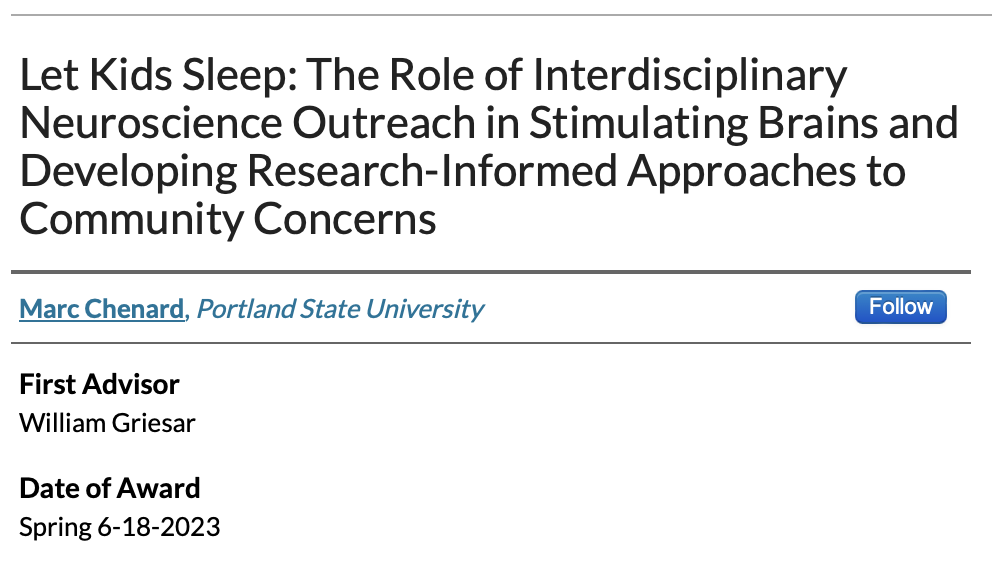
Brain fog in the morning
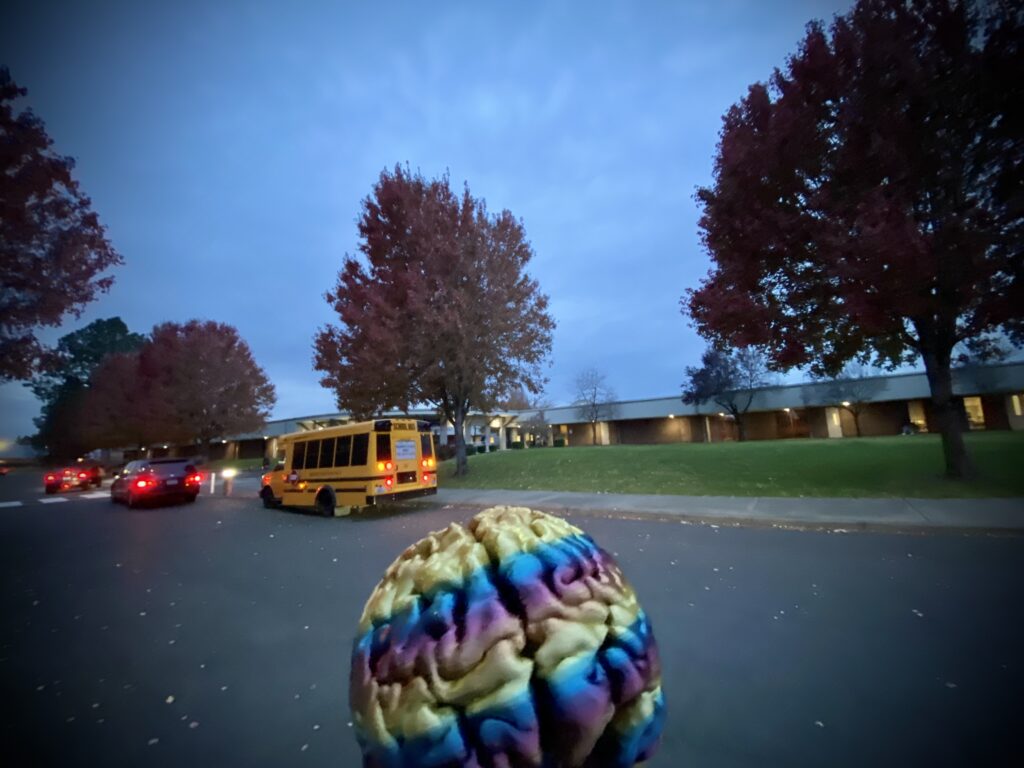
On a dark, drizzly morning in November our NW Noggin volunteers assembled at Fort Vancouver High School for a fruitful day of neuroscience education outreach. I had been looking forward to this for weeks, but was not thrilled by one particular aspect of the event: the start time of 7:30 AM.
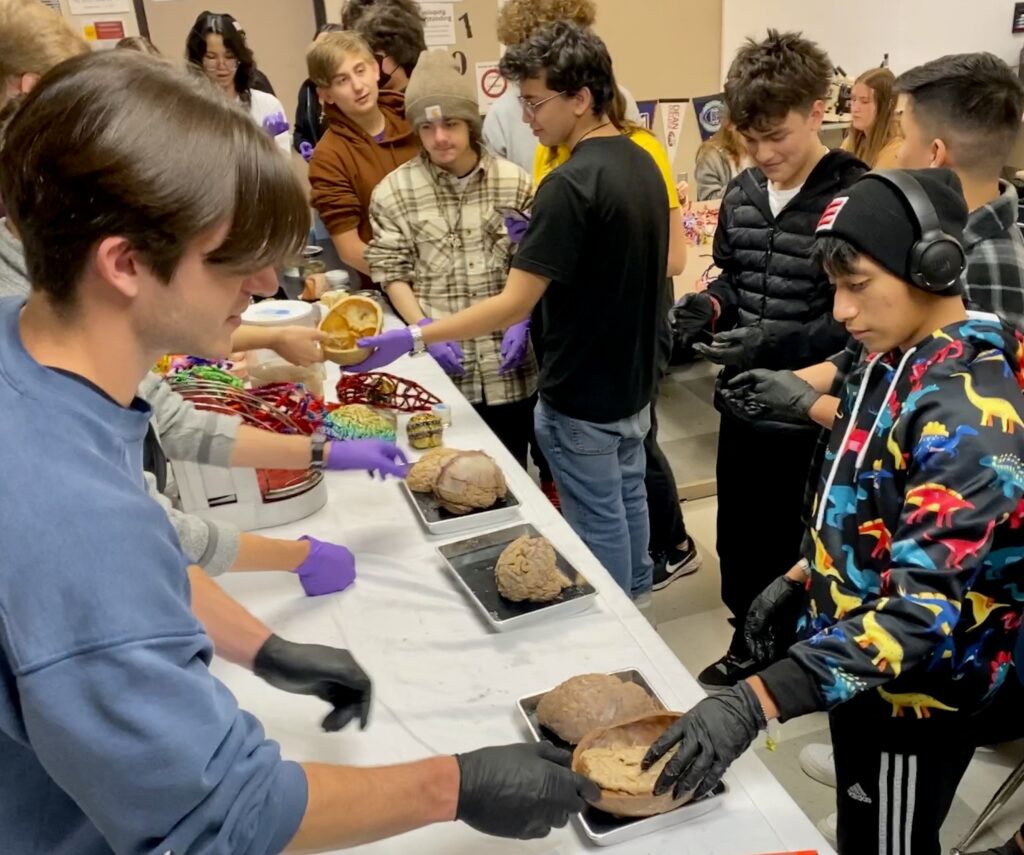
LEARN MORE: Sleepy brains at Fort
LEARN MORE: Tired Trappers at Fort
LEARN MORE: Uploading your brain from Vancouver
LEARN MORE: Why do you study the brain?
LEARN MORE: What will your students remember in five years?
LEARN MORE: Trap Squad!
LEARN MORE: Brains, biofeedback & SLEEP
LEARN MORE: Ventricles in Vancouver!
I thought back on my own experience going to high school in western Oregon.
My school started at 8:00 AM, but I remember getting up much earlier than that to catch the bus. I had soccer and track practices after school, AP classes to study for, and was involved in many other extra-curriculars. Within what was largely a positive experience, high school was sprinkled with long nights of homework, brain fog in the morning, and feelings of being overwhelmed and exhausted. This was likely due to what sleep experts and neuroscientists call ‘chronic sleep deprivation.’
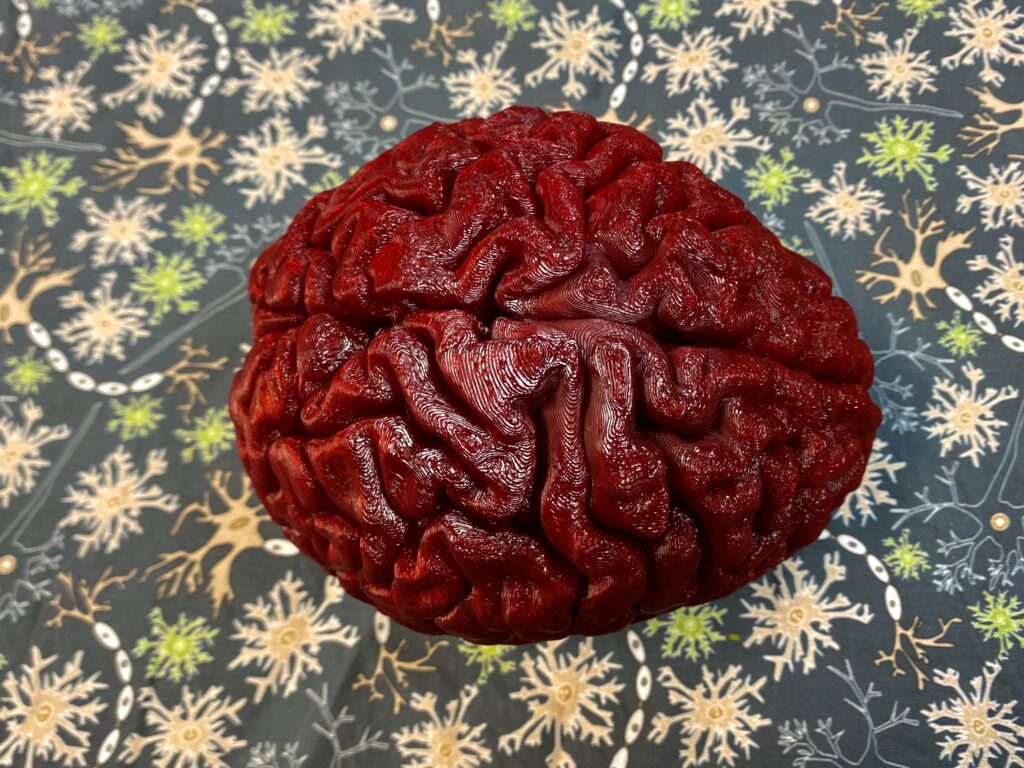
“I’ve always envied people who sleep easily. Their brains must be cleaner, the floorboards of the skull well swept, all the little monsters closed up in a steamer trunk at the foot of the bed.”
― David Benioff
At the time, I was convinced that my lack of sleep was my own fault; solely a consequence of my still-blossoming (to be generous) time management skills.
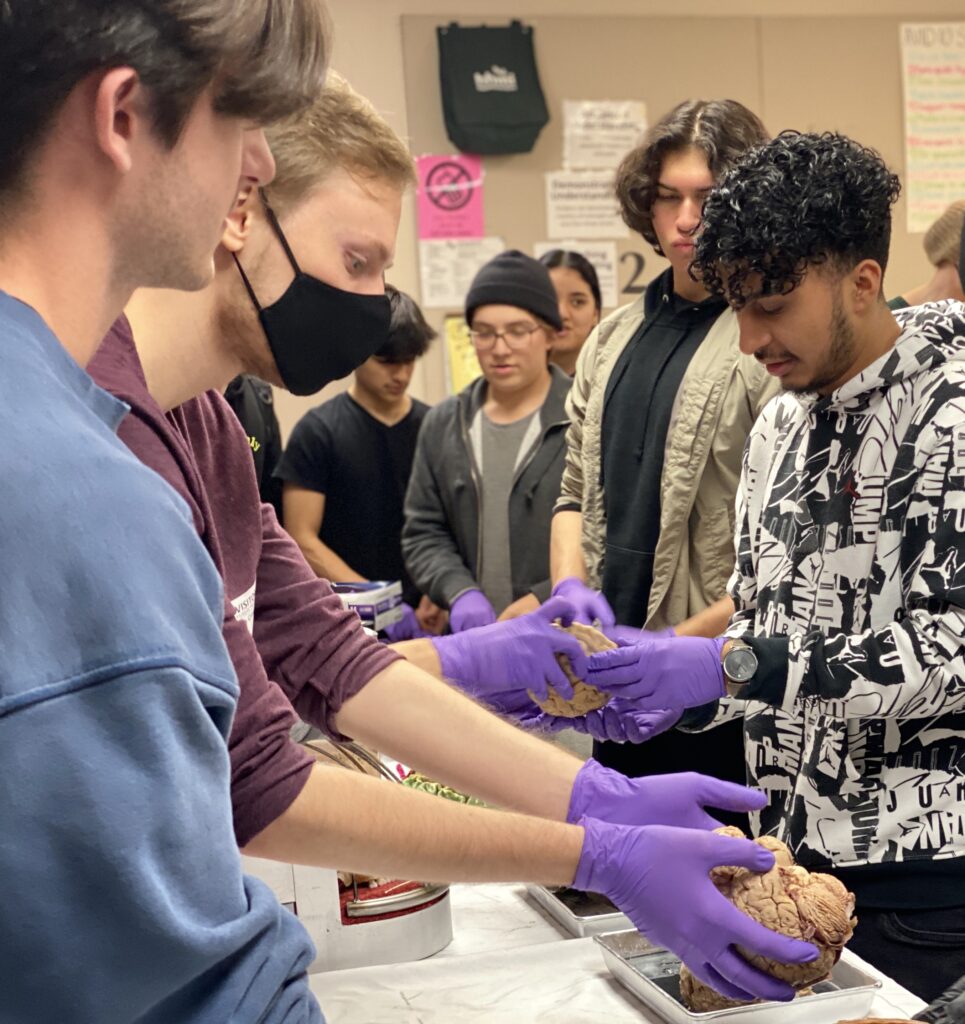
Since then, I’ve learned that there are explanations for my experience rooted in the neuroscience of sleep and developing brains. These explanations have massive implications for high school start times and the well-being of teenage students around the nation.
Teenagers need more sleep
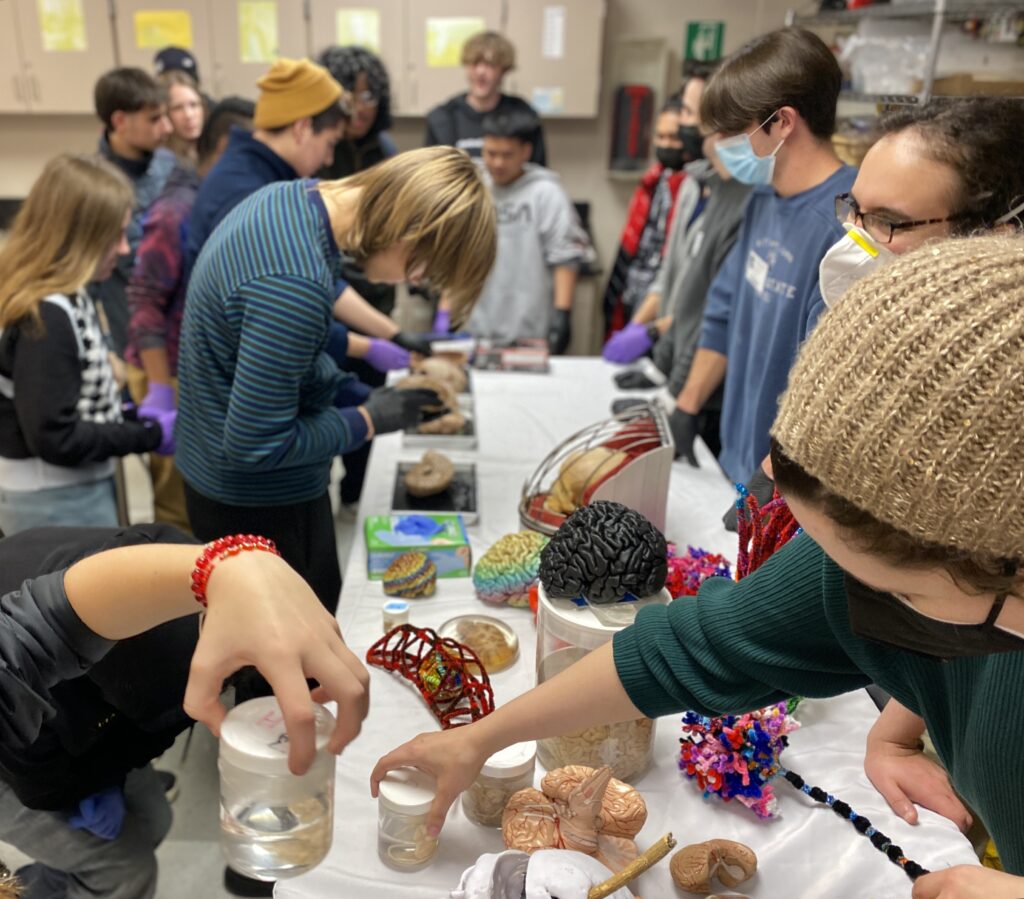
We spend about a third of our lives sleeping or attempting to do so. Sleep is important for cognitive functioning, mental health, and is the foundation for overall well-being. This is especially true for people whose brains are still developing.
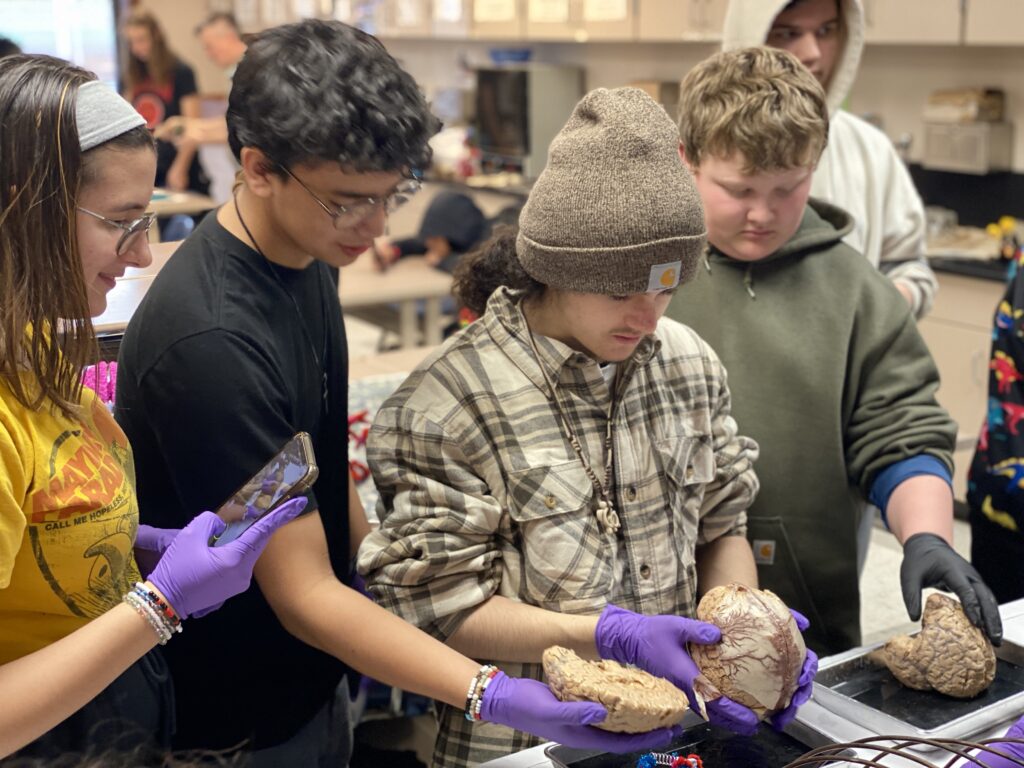
According to the National Sleep Foundation, the ideal amount of sleep for teenagers is anywhere from 8.5 – 9.25 hours per night.
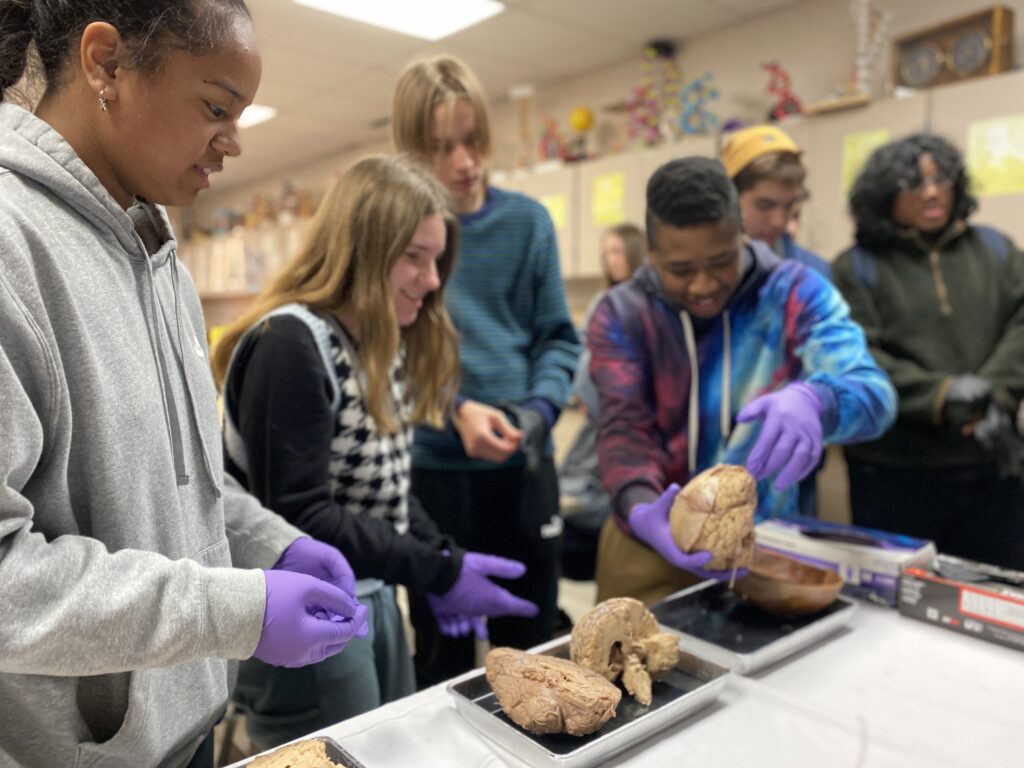
Outside that, the “acceptable” amounts are anywhere from 7-11 hours per night. A study conducted by the CDC indicated that two thirds of American high schoolers only sleep an average of 7 hours per night. This same study showed that 60% of high schoolers reported insufficient sleep.

LEARN MORE: How Much Sleep Do We Really Need?
LEARN MORE: Prevalence of insufficient, borderline, and optimal hours of sleep among high school students
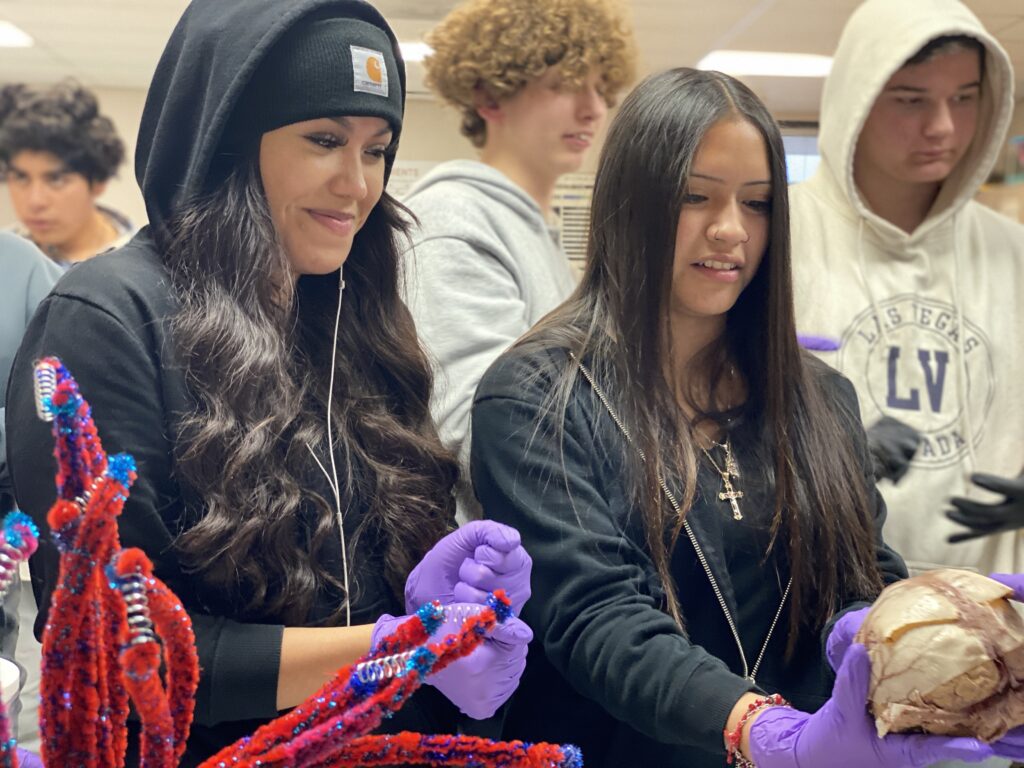
The circadian rhythm, or the 24-hour cellular processes that pertain to one’s sleep/wake cycle, is “shifted” a few hours later in teenagers compared to adults. Melatonin production in the pineal gland occurs later at night for adolescents than it does in adults.

LEARN MORE: What are circadian rhythms?
LEARN MORE: Physiology of the circadian rhythm
LEARN MORE: Circadian Rhythm and Your Health
LEARN MORE: What is melatonin and how does it work?
Why is this the case? One hypothesis (grounded in evolutionary biology) suggests adolescents may have these traits in order to establish their independent lives by staying up till times that aren’t as dominated by older individuals.
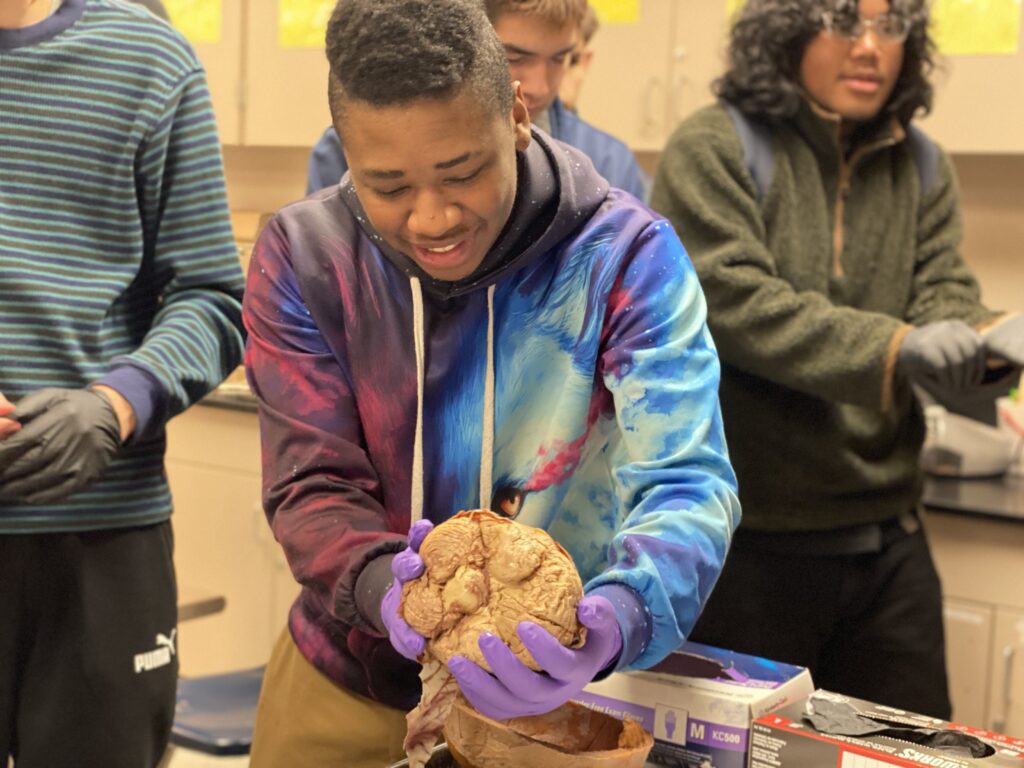
LEARN MORE: Teens Are Driven to Stay Up Late, but Why?
Later start times means better brain health
Whatever the case may be, these common biological and hormonal traits of teenagers do not mix well with early start times for school.
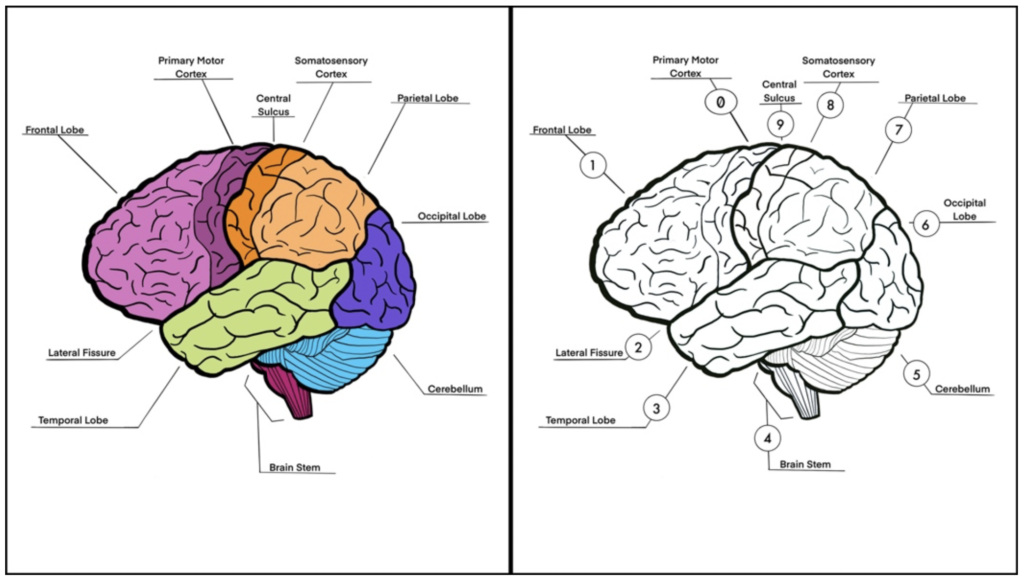
A study conducted in Seattle, where schools had previously started too early for adolescent brains, found improvement in absenteeism and grades with later school start times (just one hour later!). Another study found that an even later start time of 10:00 am saw even less absenteeism for 13-16 year olds.

When start times for schools were delayed, allowing young people to sleep, there were also reduced diagnoses of depression, anxiety, ADHD, suicidal ideation – and significantly fewer student deaths!
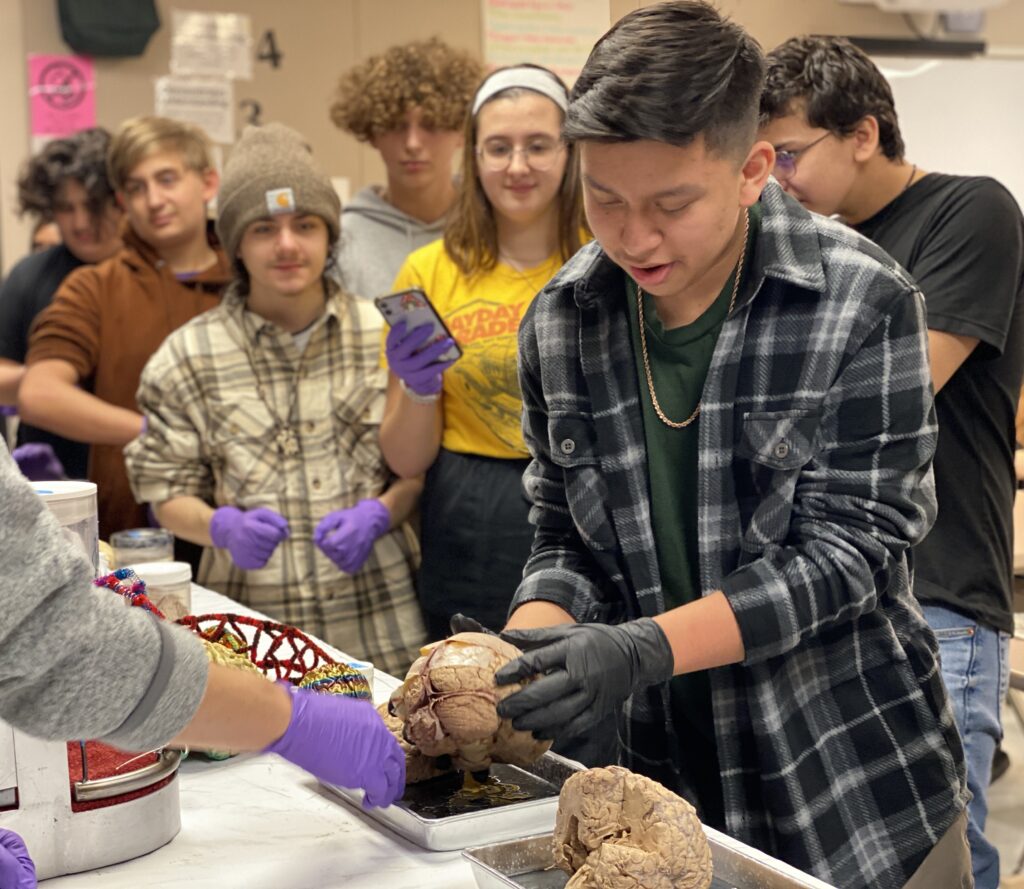
LEARN MORE: Sleepless No More In Seattle — Later School Start Time Pays Off For Teens
LEARN MORE: School Start Times, Sleep, Behavioral, Health, and Academic Outcomes
LEARN MORE: Later high school start times associated with longer sleep duration in adolescents
LEARN MORE: High School Start Times and Death on the Road
LEARN MORE: Earlier School Start Times as a Risk Factor for Poor School Performance
LEARN MORE: Brains, biofeedback & SLEEP @ Fort Vancouver!

For many teenagers, to be sleep deprived can mean being deprived of their well-being.

Do the effects of sleep deprivation compound for students experiencing other stresses outside of school (e.g., social or familial)? Do early school start times and the associated health risks disproportionately affect students in more stressful circumstances?
“Attendance and graduation rates for all students improved after 4 years following a delayed start. Economically disadvantaged students and Black students showed significant changes in graduation rates post-delay year 4 and White students significantly improved post-delay years 2, 3, and 4. Adolescent students, especially economically and racially disadvantaged students, have a vulnerability for obtaining adequate sleep. Delaying high school start times is a cost-effective intervention that could promote sufficient sleep and boost graduation and attendance rates.”
— Delayed high school start times and graduation and attendance rates over 4 years: the impact of race and socioeconomics
LEARN MORE: Mental Health Conditions According to Stress and Sleep Disorders
Which Portland/Vancouver schools start too early?

The evidence and science to support more sleep and later start times for adolescent learning and well-being should be interpreted as nothing short of ample and conclusive.
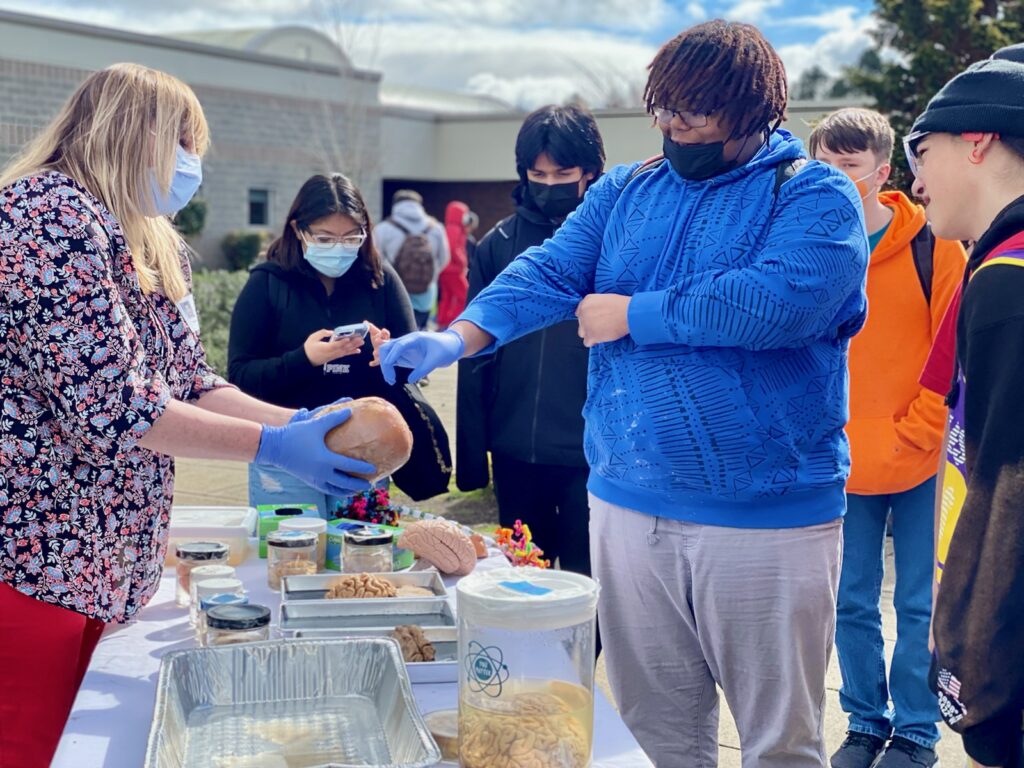
Here is a list of schools in the Vancouver Public School district that need to make their start times later to most effectively support the health and well-being of their teenage students, in comparison to some surrounding school districts:
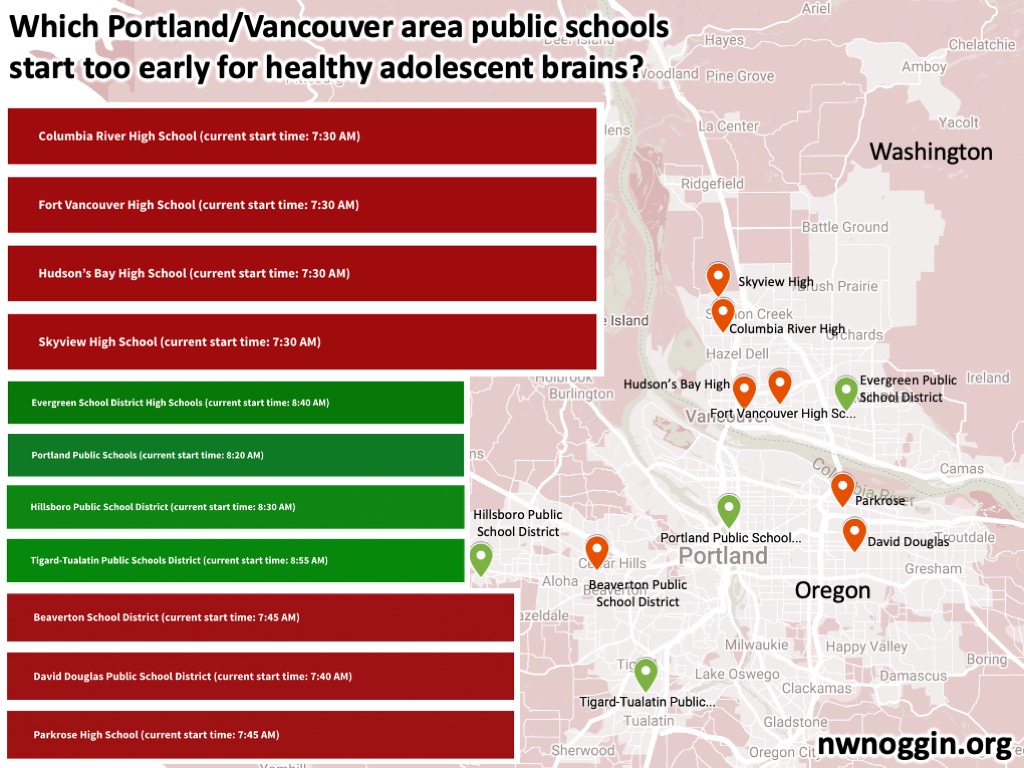
Columbia River High School (current start time: 7:30 AM)
Fort Vancouver High School (current start time: 7:30 AM)
Hudson’s Bay High School (current start time: 7:30 AM)
Skyview High School (current start time: 7:30 AM)
Evergreen School District High Schools (current start time: 8:40 AM)
Portland Public Schools (current start time: 8:20 AM)
Beaverton School District (current start time: 7:45 AM)
David Douglas Public School District (current start time: 7:40 AM)
Parkrose High School (current start time: 7:45 AM)
Hillsboro Public School District (current start time: 8:30 AM)
Tigard-Tualatin Public Schools District (current start time: 8:55 AM)
LEARN MORE: Contact Vancouver Public Schools
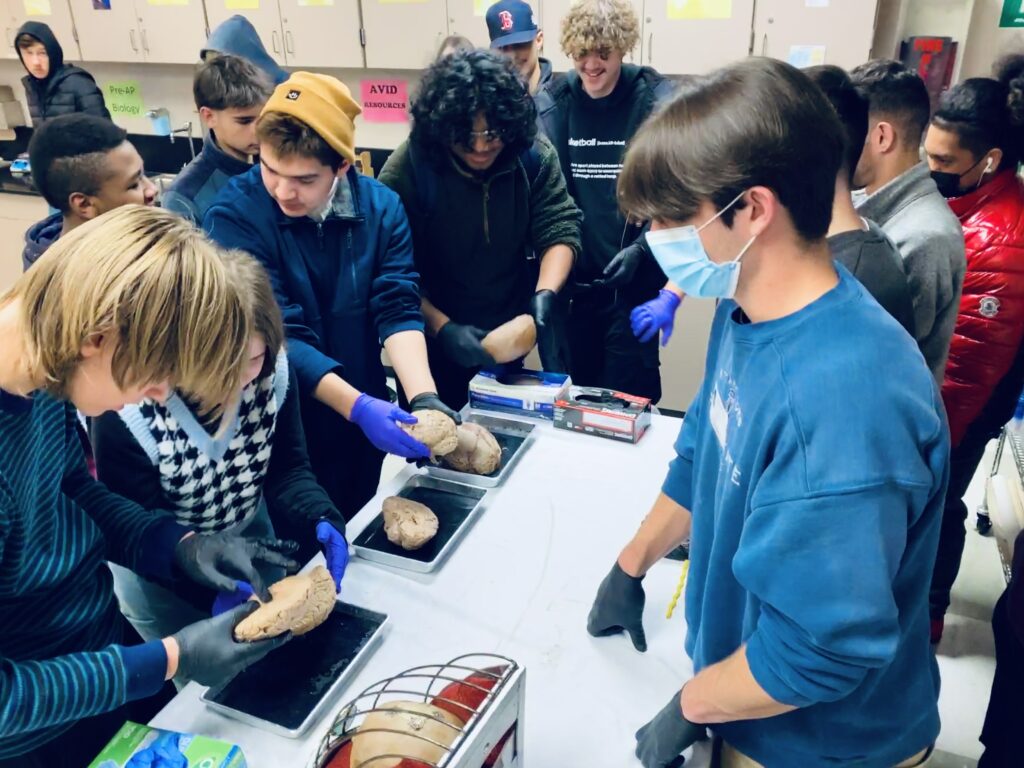
Permanent daylight savings time is bad for our kids
Another issue that is very relevant to school start times and the well-being of students is daylight savings time. Sunlight viewing, especially early in the morning (sun hitting the eyes at a low solar angle), is extremely important for wakefulness, mood, and cellular process.

“…daylight saving time is less aligned with human circadian biology—which, due to the impacts of the delayed natural light/dark cycle on human activity, could result in circadian misalignment, which has been associated in some studies with increased cardiovascular disease risk, metabolic syndrome and other health risks. It is, therefore, the position of the American Academy of Sleep Medicine that these seasonal time changes should be abolished in favor of a fixed, national, year-round standard time.”
— Daylight saving time: an American Academy of Sleep Medicine position statement
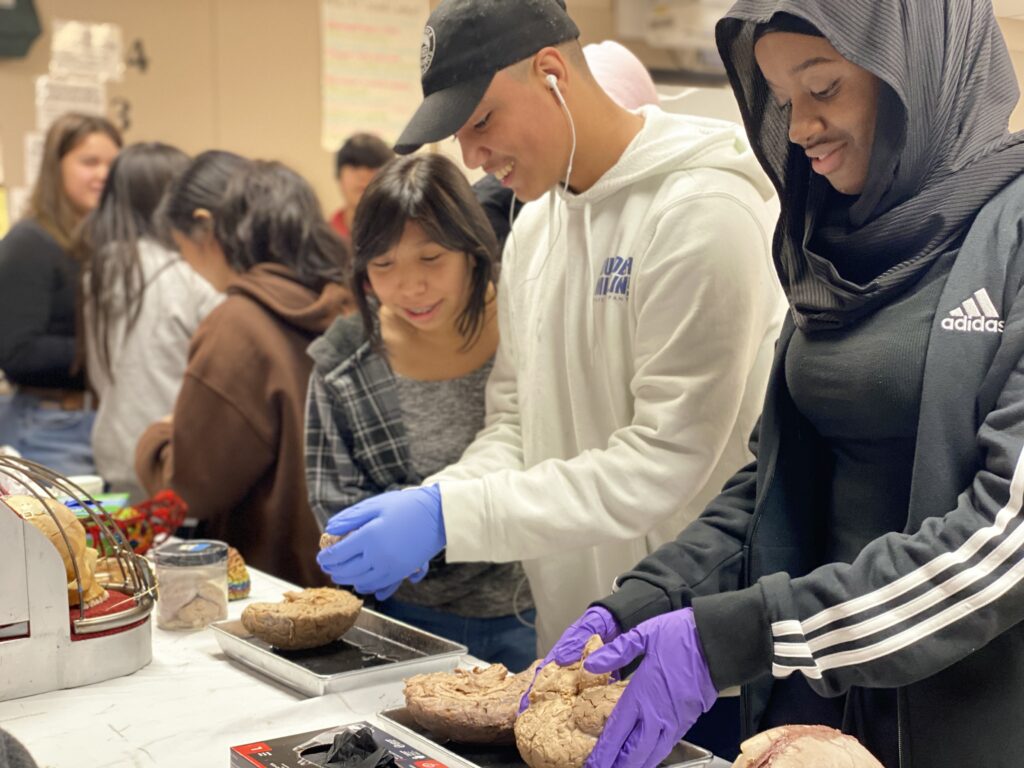
To learn most effectively, students should get up with the sun.
LEARN MORE: Benefits of Sunlight: A Bright Spot for Human Health
With a policy that implements permanent daylight savings, as certain politicians have proposed, students would be getting up and attending their first class periods in the dark. This is not conducive to their learning, sleep, or overall well-being.
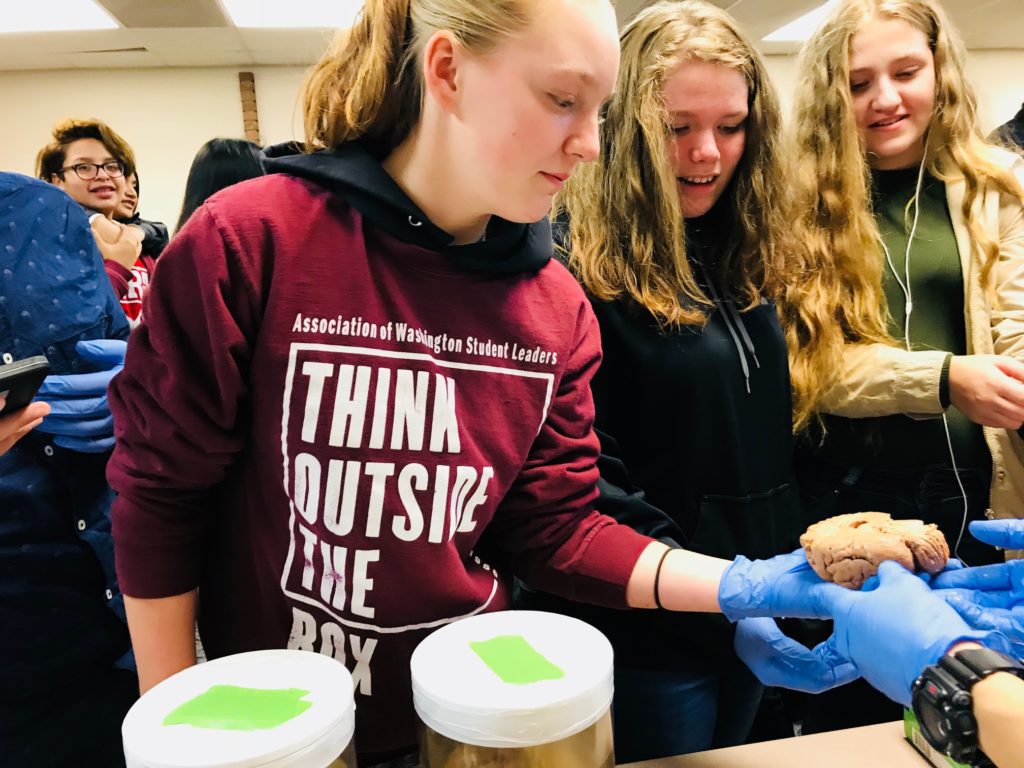
In the case of daylight savings, there are examples of crony capitalism influencing legislation that produces negative outcomes for the mental health of our youth. It turns out that golf clubs, restaurants, Chambers of Commerce and Washington’s own U.S. Senator Patty Murray have a dime in it staying light outside later into the evening.
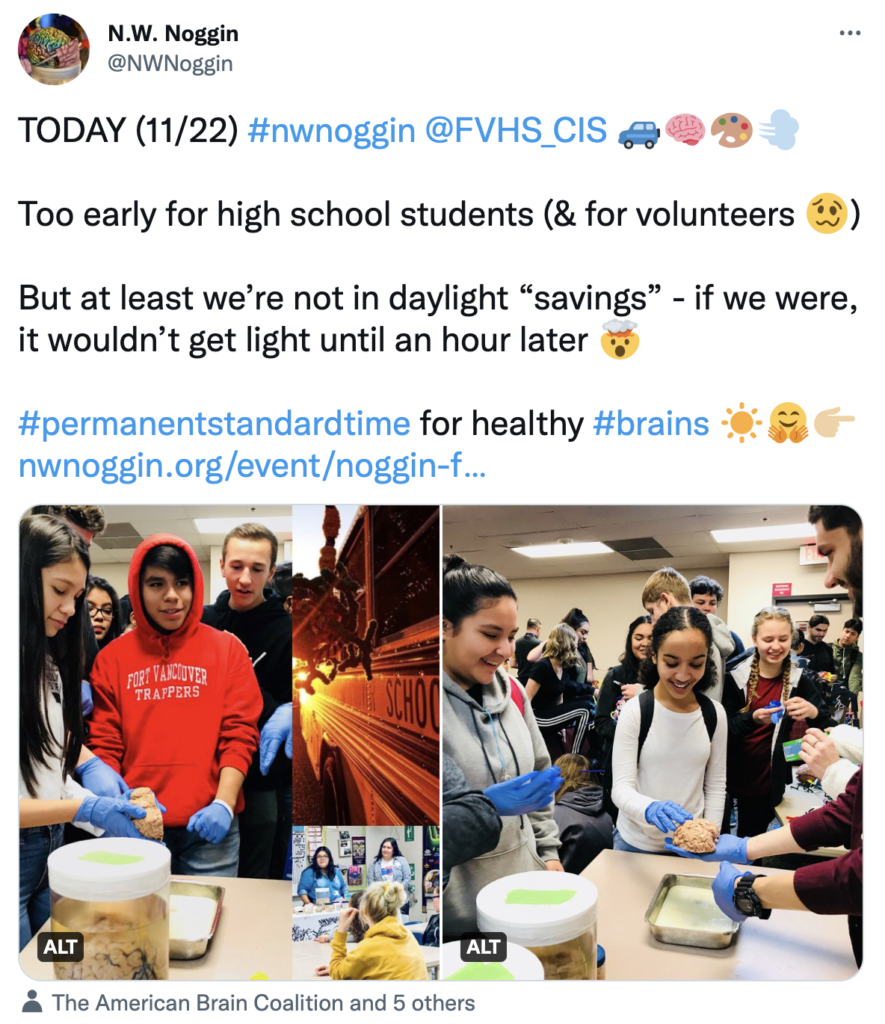
“…daylight saving time is motivated solely by industry, without a basis in biology.”
— Ali Güler, Associate Professor of Biology, University of Virginia
Permanent STANDARD time is good for our kids
As voters, we need to support legislation that puts the health of adolescents in our community over corporate political influence and profits for privileged business owners. Permanent standard time – not permanent daylight “savings” – is best for all our brains.


LEARN MORE: Save Standard Time
LEARN MORE: Researchers explain adverse effects of daylight saving time on the body’s internal clock
LEARN MORE: How golf plays a role in the battle for ‘locking the clock’ on Daylight Time
LEARN MORE: Who Really Benefits from Daylight Saving Time?
LEARN MORE: Daylight saving time ends Sunday. Here are 4 things you should know
LEARN MORE: Time to Show Leadership on the Daylight Saving Time Debate
LEARN MORE: A UW professor explains why daylight saving time has negative effects on health
LEARN MORE: The US wants to increase sleep deprivation and winter misery
LEARN MORE: Why it’s time to abolish daylight saving time
LEARN MORE: Who donates to U.S. Senator Patty Murray?
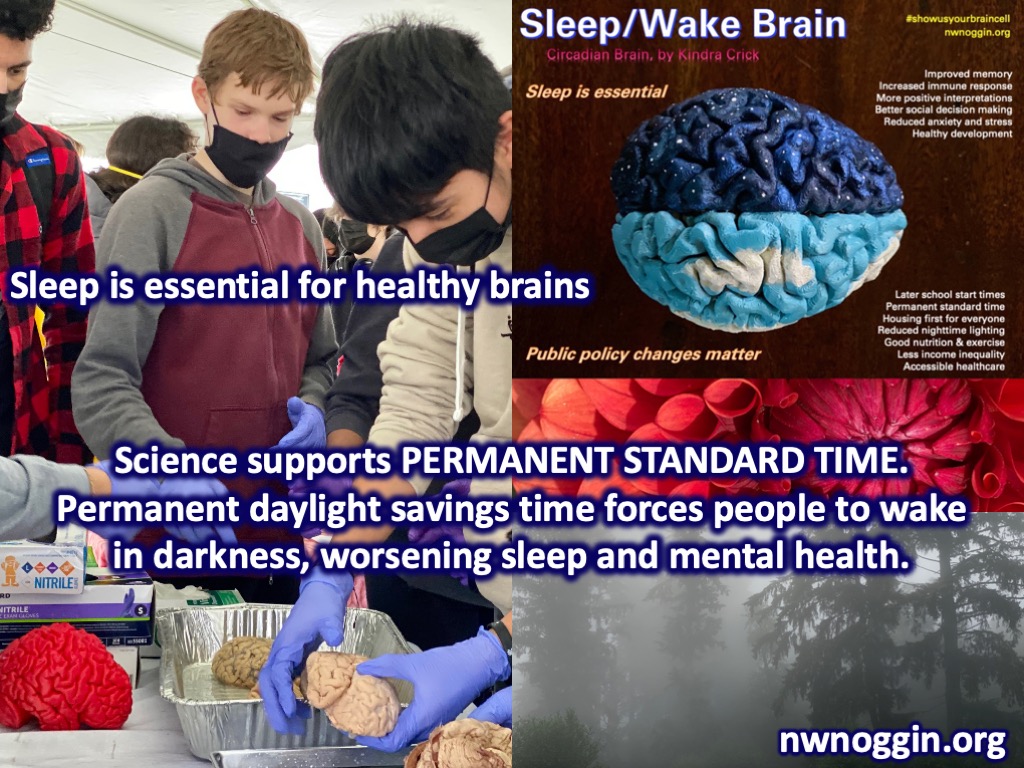
Frequent sentiments expressed in opposition to later start times for schools:
Below are some of the sentiments frequently expressed by parents, teachers, and other members of the community in opposition to earlier school start times. I’ve tried to hear and respond to these sentiments by suggesting alternatives that would place teenage mental health and well-being as the highest priority:
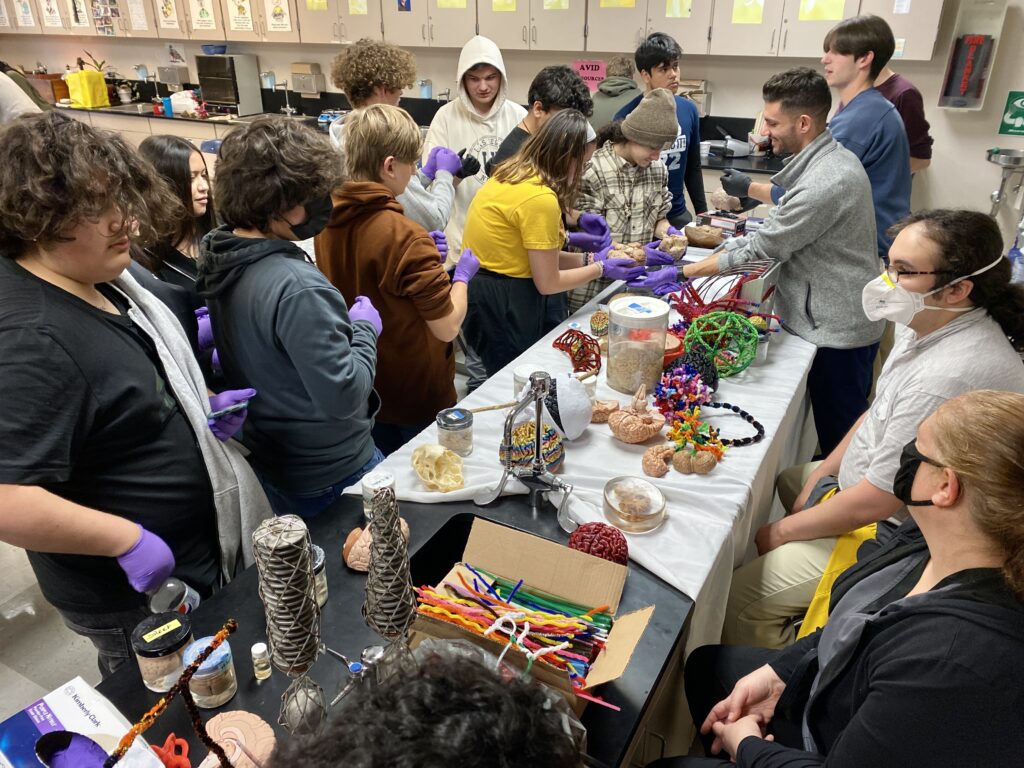
Not enough bus drivers
There aren’t enough bus drivers to accommodate a later start time – and buses are needed for the younger kids.
Younger kids don’t display the same circadian rhythm shift seen in teenagers. This means younger kids are typically awake and active earlier. Ideally, the bus schedule could be staggered to get younger kids to school earlier and the teenagers to school at a safer time.

This might call for an increase in bus driver wages. Drivers need to be paid a competitive wage to be retained by a school district. While some might flinch at the additional expense, what could be more important than increasing the safety, mental health and wellbeing of teenagers in a community?
LEARN MORE: Optimizing schools’ start time and bus routes
What about sports?
Outdoor sports after school require light – school needs to start early to have sunlight for sports.

As someone who participated in varsity soccer and track during my high school years, I understand how important it is to have outdoor practices, and how meaningful sports are to many students’ high school experience. Students will perform better in sports with more sleep – we currently do not understand the extent to which sport performance is hampered by early start times. Ideally, sports could be more embedded throughout the school day (collegiate athletics works in this manner). It also turns out that exercising earlier in the day may be better for mood.
Go to bed earlier!
Kids can or should just go to sleep earlier to wake up earlier.

This technique is something that we recognize works for some, but it doesn’t work for the majority of teenagers. Many high schoolers experiment with this in earnest. Some students ultimately end up staring at the ceiling for a long time before being able to fall asleep. In my experience, this meant waking up more tired and stressed because I didn’t spend the prior evening hours doing homework.

It’s important to understand that the homework load for high schoolers isn’t light, and that it’s teenage wiring to not be able to go to sleep until around 11pm-12am (and sometimes much later).
“The American Academy of Pediatrics recognizes insufficient sleep in adolescents as an important public health issue that significantly affects the health and safety, as well as the academic success, of our nation’s middle and high school students…the evidence strongly implicates earlier school start times…as a key modifiable contributor to insufficient sleep, as well as circadian rhythm disruption, in this population. Furthermore, a substantial body of research has now demonstrated that delaying school start times is an effective countermeasure to chronic sleep loss and has a wide range of potential benefits to students with regard to physical and mental health, safety, and academic achievement.”
— School Start Times for Adolescents, American Academy of Pediatrics
LEARN MORE: Variability in homework efficacy in secondary school
LEARN MORE: Nonacademic Effects of Homework in Privileged, High-Performing High Schools
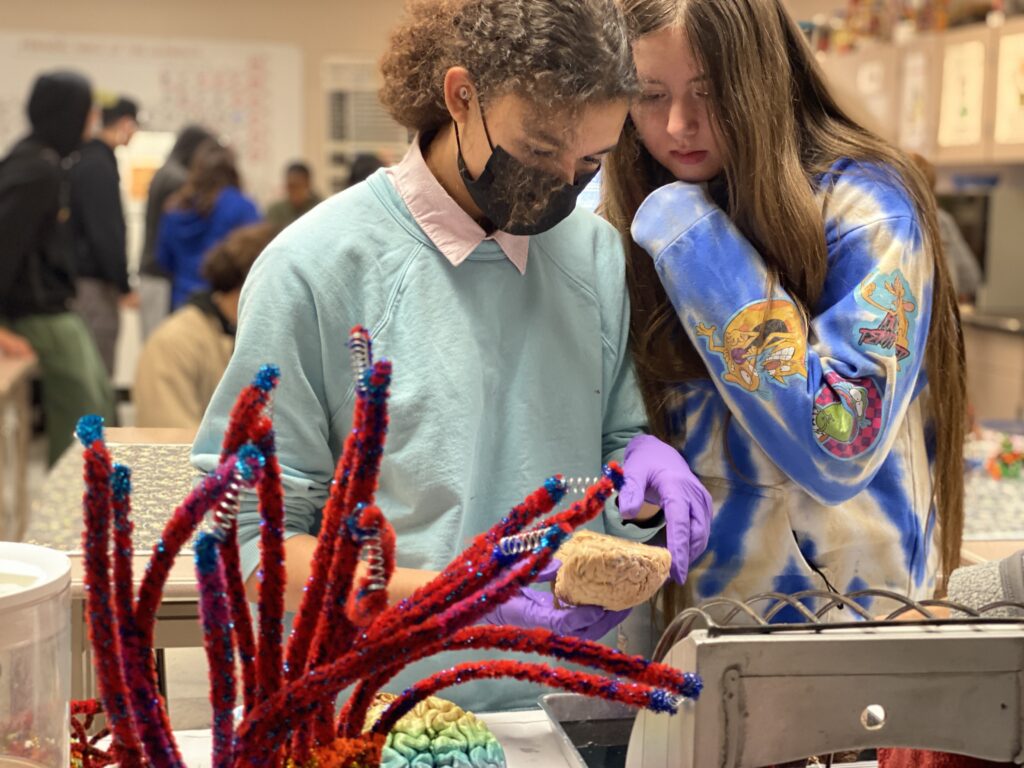
LEARN MORE: Later School Start Times: What Informs Parent Support or Opposition?
Conclusion
If we want to improve education, we should start by reforming when school starts.
Teenage students can be provided with the best teachers, facilities, and materials, but if deprived of something as fundamental as sleep they won’t be able to learn. To support the mental health, well-being, and education of adolescents we need to implement later start times for schools.

Major thanks to my fellow early rising Noggin volunteers Anna Traylor, Natalie Partipilo, Alex Heinrich, Conner Corbett, Roman Cimkovich and Kristin Preston, all fellow undergraduates from Portland State University, and Joey Seuferling, a long time Noggin participant who is currently in medical school at the Elson S. Floyd College of Medicine in Spokane! And thank you teachers and students at Fort!


